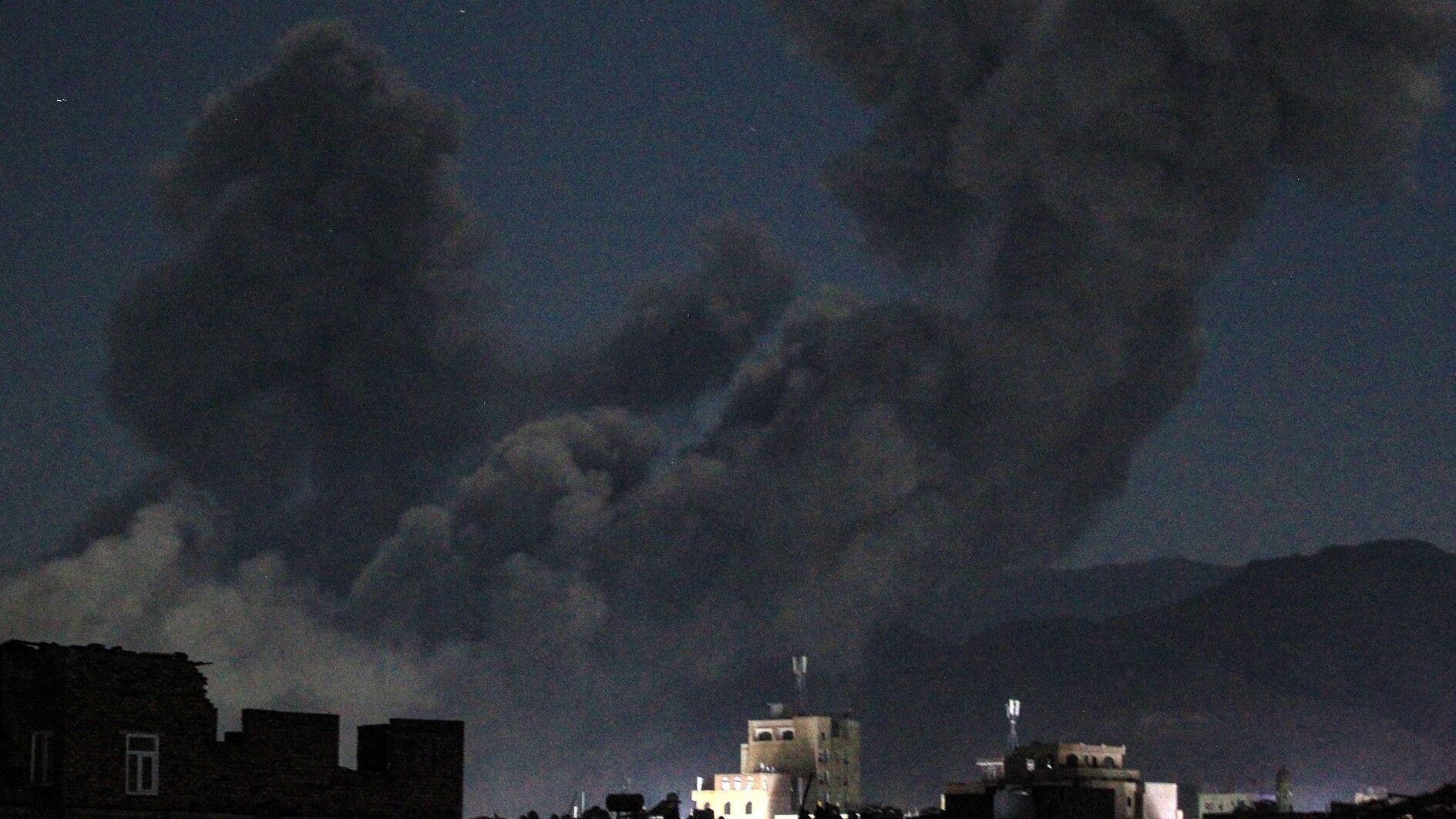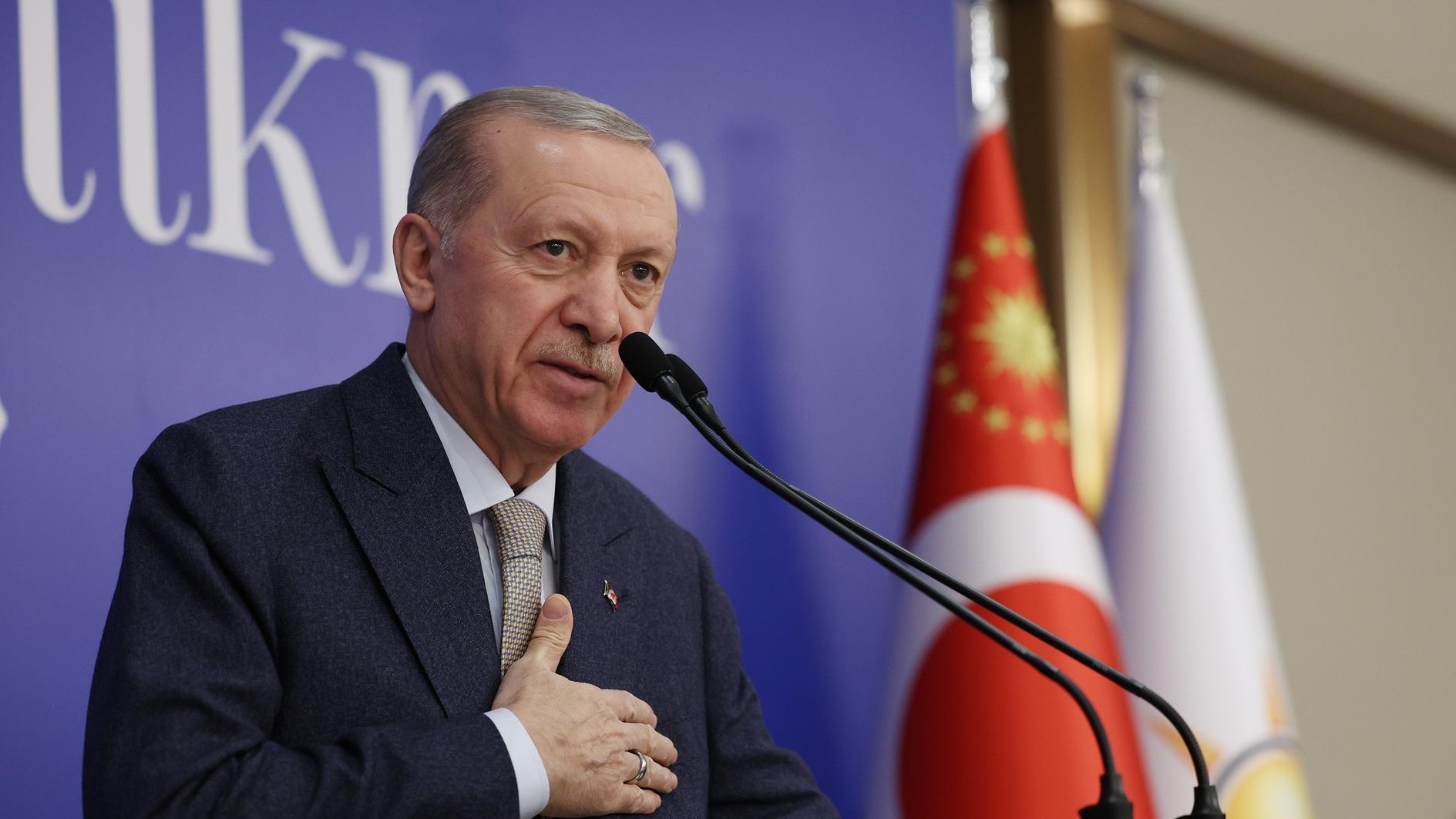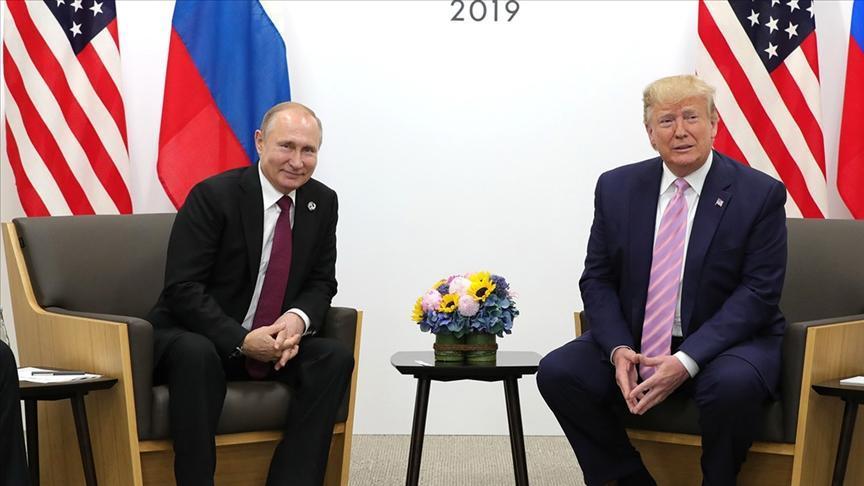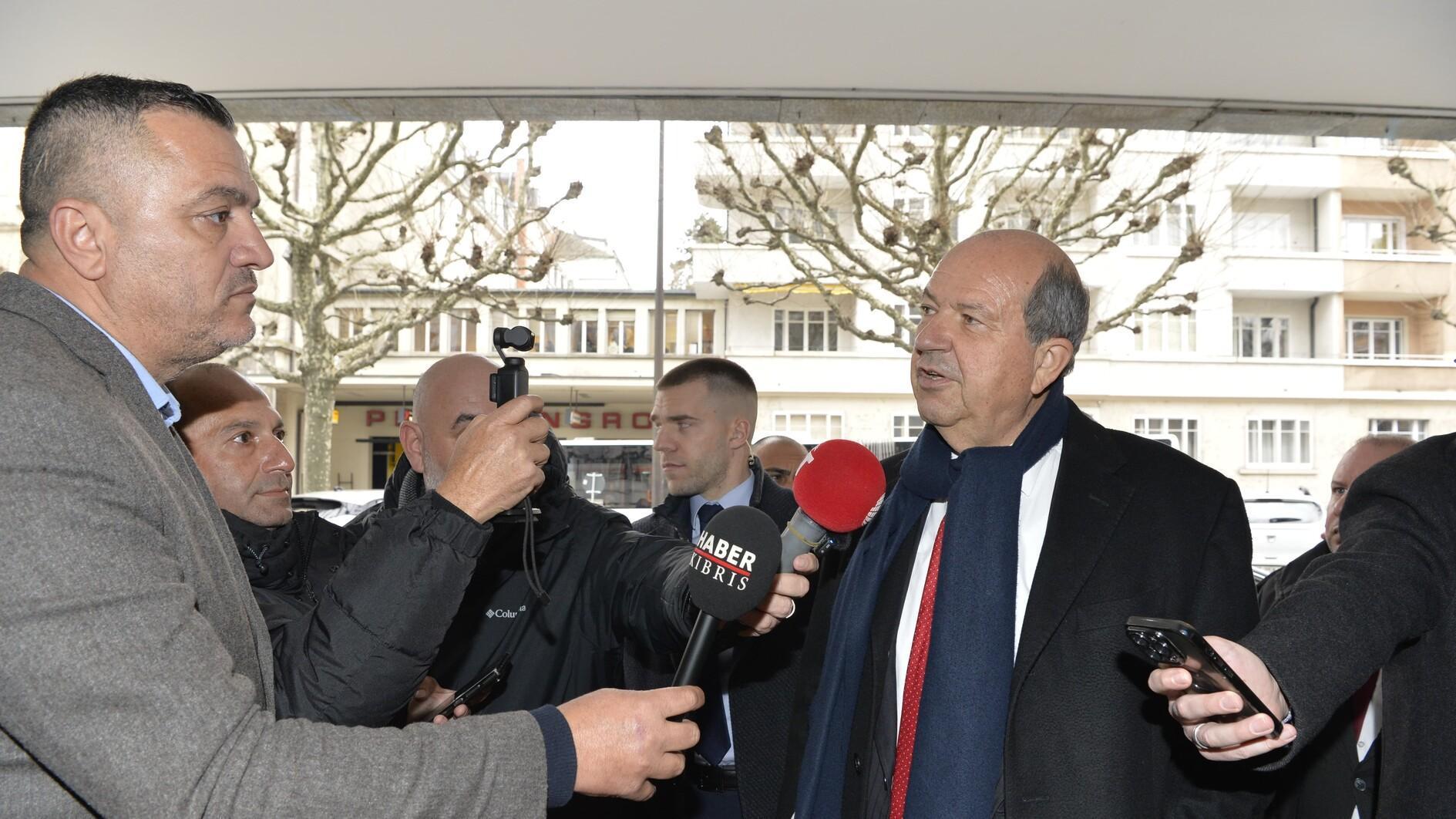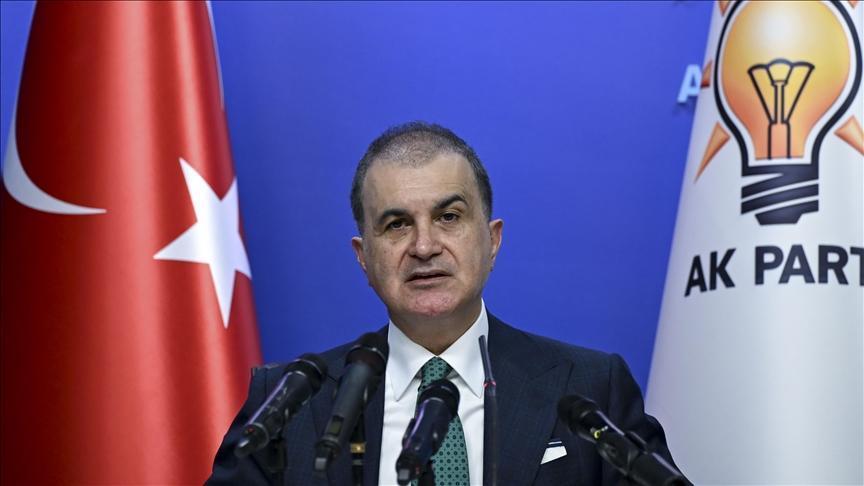A marriage made in heaven
I wish I was wrong back in 2006, when I wrote in this column: “This is where I see danger, ultranationalists becoming Islamists and Islamists becoming ultranationalists … These usually split groups may in the future get mixed together.” Back in those days a western analyst asked me and a colleague about the ideological differences between the ruling Justice and Development Party (AKP) and the opposition Nationalist Movement Party (MHP). “Simple,” my playful colleague explained, “Your MHP chap is your AKP chap who drinks alcohol!” We all laughed.
But there is the not-so-funny side of the picture. During the near-civil war of the 1970s, various groups of ultranationalist and Islamist Turks literally slaughtered each other on the streets (when they were not slaughtering their common enemy, the communists); the ultranationalists killed Islamists because they emphasized their Muslimness before their Turkishness, and, likewise, Islamists killed the ultranationalists because they emphasized their Turkishness first.
Four decades later, they find in each other’s arms the comfort of a soul mate. Today, the Islamists and nationalists are like Ottoman brothers who fight each other for power but are, after all, brothers.
When the MHP’s leader, Devlet Bahçeli, recently disputed a government plan to extend the martyr status to civilian victims of terror, he claimed that “martyrdom was an expression of religious and national value.”
According to this view, a non-Muslim Turkish citizen (Christian, Jewish or atheist) who has died in clashes with an invading army should not be considered “a hero who sacrificed his life for the motherland.” To be a martyr, Mr. Bahçeli thinks, one has to be Muslim.
I would advise Mr. Bahçeli to visit the monumental war cemetery in Çanakkale and pray for the souls of fallen soldiers who went with the names like Mihail, Yuala, Isak, Simon, Murdaray, Yanko, Yorgi, Hristo, Agop, Bedros, Esteban, Kirkor and Mishon. There, he will find resting in peace 105 non-Muslim martyrs who fell in defense of their motherland. We are so sorry, Mr. Bahçeli, that these heroes did not have time to get circumcised and convert to Islam before they were shot down by enemy bullets.
The non-Muslim martyrs of the Battle of Dardanelles are only a bunch of the others who died at the Palestinian, Caucasian, Iraqi, Romanian and Montenegrin fronts. And history accounts document that of the 315 Turkish military doctors who lost their lives during the Balkan War, World War I and the War of Independence, 100 were non-Muslims.
But Mr. Bahçeli insists that we must “not allow the shadow of the cross over the war cemetery.” So the shadow of the David’s Star will be fine then? What about the atheists who fought for their motherland and died? Sorry kids, we have no room for you in heaven.
The AKP’s reply to Mr. Bahçeli’s too-cheap nationalist/Islamist populism was civilized, although it (naturally) carried flavors of the inevitable Islamist mindset. Deputy Prime Minister Bekir Bozdağ refuted Mr. Bahçeli’s discriminatory martyrdom status, but he said that he had come to this conclusion only after having consulted the Ulema (Muslim scholars). You did not have to bother wasting your and the Ulema’s precious time, Mr. Bozdağ. A little bit of humanity would have advised you against discrimination.
But the political race for ethnic/religious populism goes at full speed between the two parties, whose combined voter support was 65 percent last year. An AKP member of parliament, Özcan Ulupınar, joined in the debate over “raising devout generations” when he said that “an atheist youth is no good to anyone … [A religious person] is good for the family, for the country, for the nation, for himself,” the honorable deputy said.
Seriously, the AKP and MHP should sit down and think through the merits of merging under the holy roof of the Ottoman house.


